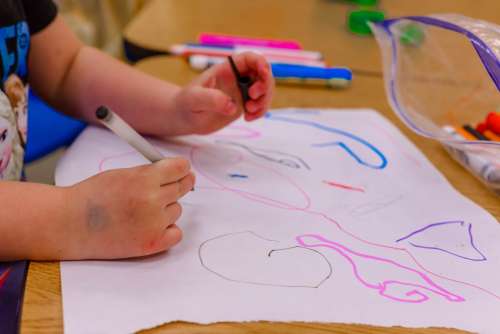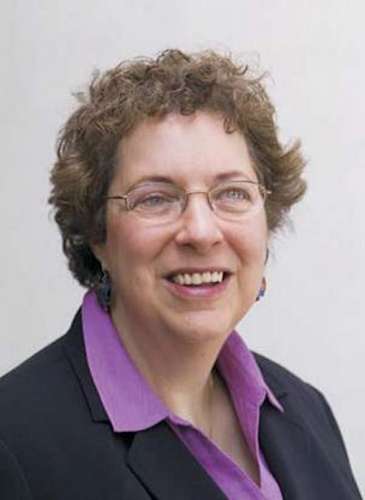
Only one in five Canadian child-care centres in a recent study offer high-quality care for children with disabilities, according to a new University of Guelph and SpeciaLink study.
Researchers found a lack of qualified staff, insufficient funding and lack of access to specialists and resources were the main challenges to providing inclusive care.
As a result, children with a variety of physical, emotional and behavioural disabilities and those on the autism spectrum are turned down by centres that are full or that lack the necessary staff.
“Ensuring that all young children have access to high-quality, affordable early childhood education and care is recognized as essential to Canada’s economic prosperity, women’s equality and children’s well-being,” said Dr. Donna Lero, professor emerita in the Department of Family Relations and Applied Nutrition, who co-led the study with Sharon Irwin, director of SpeciaLink, a national centre for child-care inclusion.
“Our research is particularly important as federal and provincial governments negotiate new agreements on how to expand and improve access to quality early learning and child-care programs.”
The study, called “Inclusion Quality: Children with Disabilities in Early Learning and Child Care in Canada,” found that directors and staff in many child care centres are committed to including children with disabilities, but often lack appropriate support.

The researchers aimed to identify what factors are most important to ensure the highest level of inclusion while addressing the unique needs of children with disabilities.
The researchers used case studies and rating scales administered by trained observers to assess inclusion quality in 67 centres across the country that had a long history of including children with disabilities. They found that only one in five centres demonstrated good or excellent inclusion quality.
About 20 per cent of the centres studied had poor or inadequate practices to support children with special needs, while the majority had scores in the minimal to mediocre range.
Nearly 80 per cent of child care program directors identified challenges to providing inclusive care, including staff lacking knowledge or training needed to support inclusion or difficulties in finding qualified staff. Insufficient funding to support inclusion and a lack of access to specialists and resources were also identified.
To improve inclusion quality, centres need proper staff training in child development and inclusion specifically, government funding for additional staff and access to specialists and inclusion support services, the study concludes.
According to Lero and Irwin, recent bilateral agreements in Canada stress the importance of high-quality programs that are accessible, affordable, flexible and inclusive. The goal is to ensure that all children can benefit from early learning and child-care programs.
“But the research and policy needed to ensure that child-care programs have the resources they need to provide positive experiences for children with disabilities remain underdeveloped,” Lero added.
For too long, children with disabilities have been excluded from community programs, Irwin said. “Respect for the rights of children with disabilities to fully participate in their communities is not yet a reality,” she said. “This study identifies what needs to be in place in order to make full inclusion a reality.”
Contact:
Donna S. Lero, PhD
dlero@uoguelph.ca
cell: 519 820-2282
Sharon Irwin, Executive Director
SpeciaLink: The National Centre for Early Childhood Inclusion
specialink@ns.sympatico.ca
902 539-3817